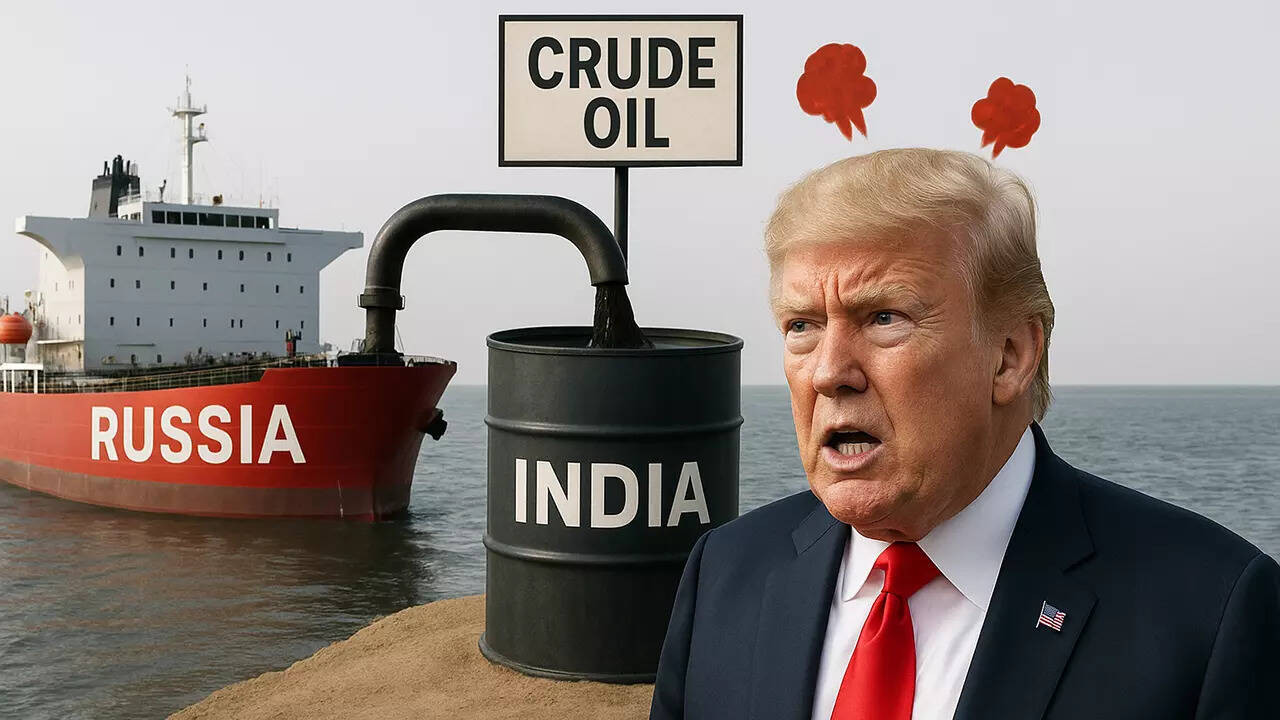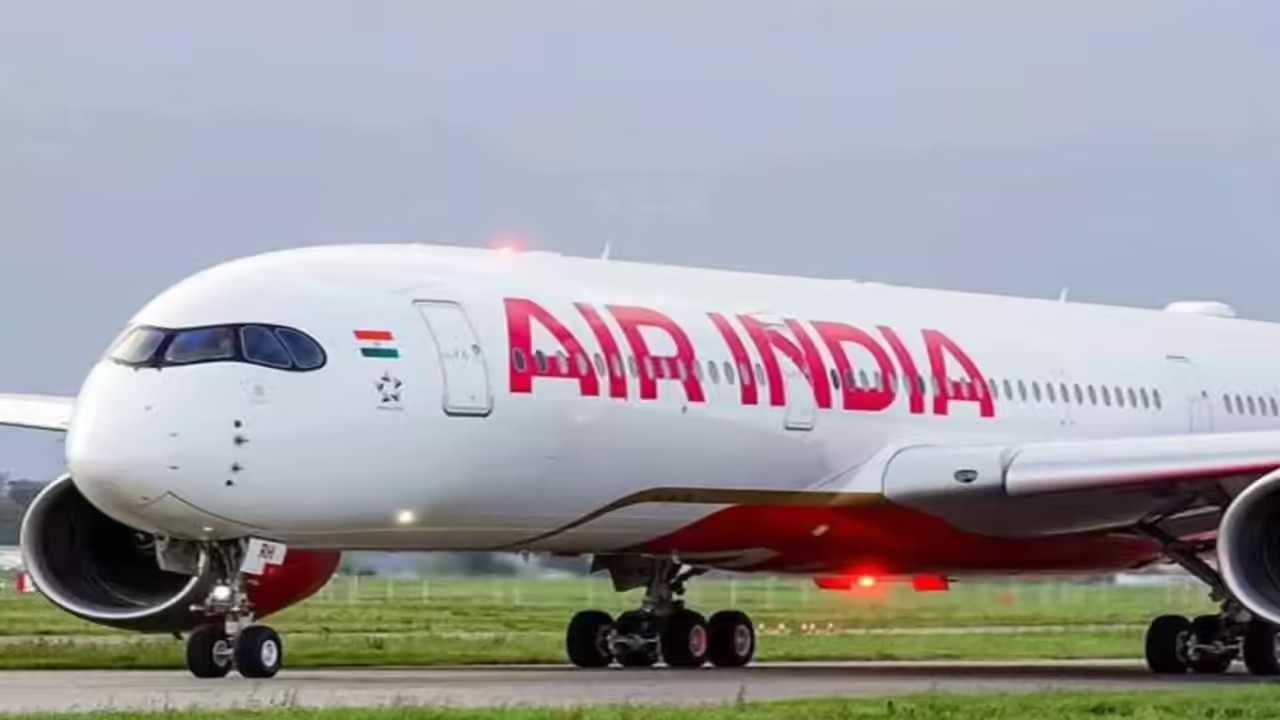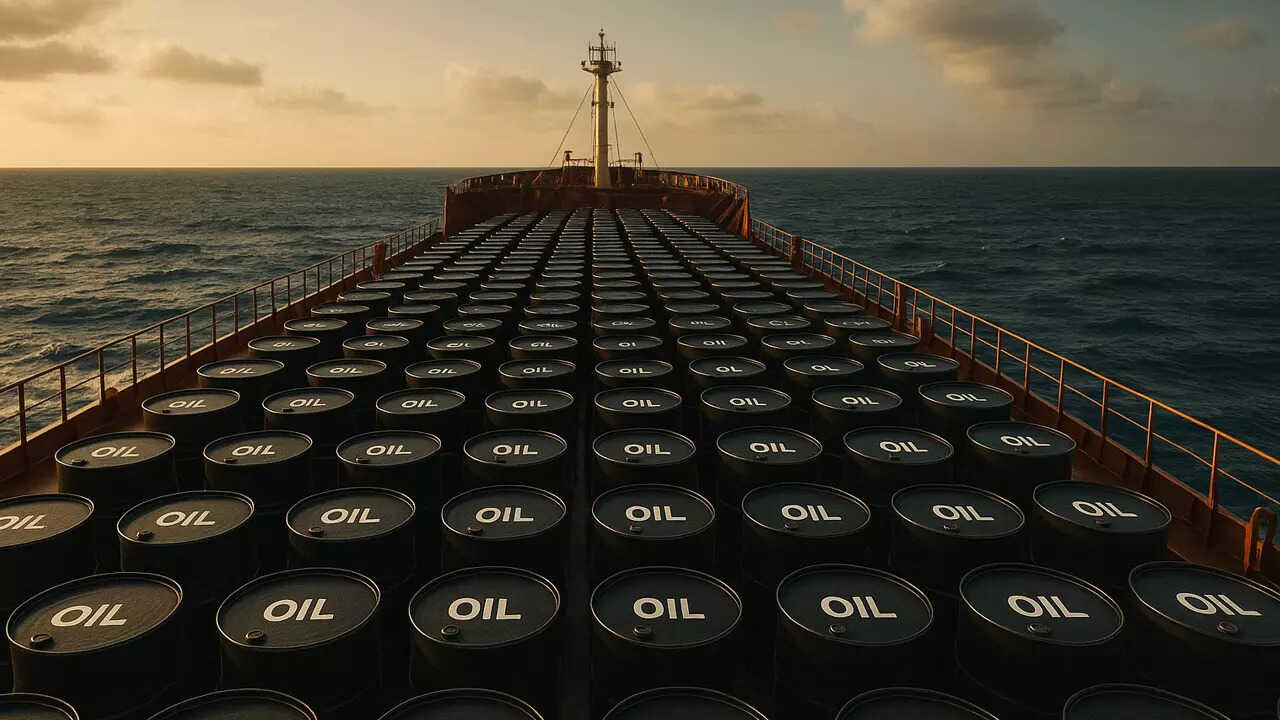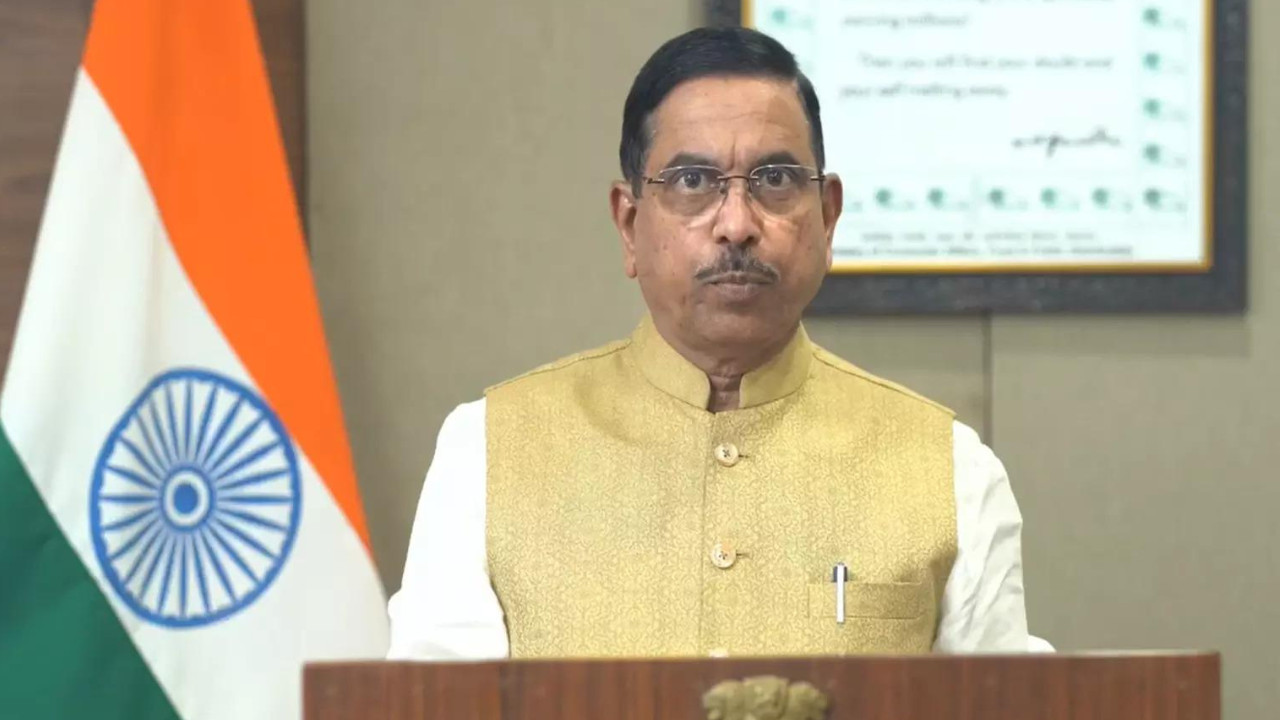Despite pressure from the US and EU, India continues importing Russian crude oil, with multiple tankers offloading millions of barrels at Indian refineries. This ongoing trade persists amidst warnings of potential punitive measures from the US and concerns over supporting Russia’s Ukraine campaign.
India’s Unwavering Appetite for Russian Oil: A Story of Shifting Geopolitics
The narrative surrounding global energy markets has taken a fascinating turn, particularly when observing India’s burgeoning relationship with Russian crude oil. Despite international pressures and shifting geopolitical landscapes, the flow of Russian oil to India remains robust, defying predictions of a significant slowdown. It’s a complex dance of economics, diplomacy, and national interest that’s reshaping the energy map.

The numbers paint a clear picture. Millions of barrels of Russian crude are consistently making their way to Indian shores, a testament to the deep discounts offered by Russia in the wake of Western sanctions. This advantageous pricing has made Russian oil an incredibly attractive proposition for Indian refineries, who are constantly seeking to optimize costs and ensure energy security for a rapidly growing economy.
Why is India So Reliant on Russian Oil?
Several factors contribute to India’s sustained intake of Russian oil. Firstly, the price point is undeniably a major draw. With global energy prices fluctuating wildly, the stability and affordability offered by Russian crude are invaluable. Secondly, India’s rapidly expanding energy needs demand a diversified supply chain. Relying solely on traditional sources could leave the nation vulnerable to price shocks and supply disruptions. Russia, in this context, acts as a crucial buffer, providing a reliable alternative that strengthens India’s energy independence.
But it’s not just about economics. India’s strategic autonomy also plays a significant role. New Delhi has consistently asserted its right to pursue its own foreign policy objectives, independent of external pressures. This stance allows India to prioritize its national interests, which, in this case, include securing affordable energy to fuel its economic engine.
The Impact on Global Energy Markets
This deepening relationship between India and Russia has ripple effects across the global energy landscape. It provides Russia with a vital market for its crude, mitigating the impact of Western sanctions and bolstering its economy. At the same time, it creates a new dynamic in the oil market, where traditional suppliers are now facing increased competition from Russian crude.
This has forced a recalibration of global supply chains, as refineries worldwide adapt to the changing availability of different types of crude. The implications for the environment are also worth considering. The transportation of oil across vast distances, coupled with the varying environmental standards of different countries, raises important questions about the carbon footprint of this evolving energy trade. Consider India’s commitment to renewable energy and explore some exciting solar energy projects.
Navigating the Geopolitical Tightrope
India’s continued import of Russian oil inevitably draws scrutiny from Western nations. Concerns have been raised about potentially funding Russia’s military actions and undermining the effectiveness of sanctions. However, India has maintained a consistent dialogue with its partners, emphasizing its commitment to international law and its pursuit of its own national interests.
The situation highlights the complexities of navigating a multi-polar world, where economic considerations often intersect with geopolitical realities. India’s approach demonstrates a pragmatic balancing act, seeking to secure its energy needs while maintaining crucial relationships with a diverse range of global players.
Looking Ahead: The Future of India-Russia Energy Ties
The future of India-Russia energy ties will likely be shaped by several factors, including the evolving geopolitical landscape, the long-term trajectory of global energy prices, and the pace of India’s transition to renewable energy sources. While India is undoubtedly committed to expanding its renewable energy capacity, the demand for oil is likely to remain substantial for the foreseeable future, ensuring that Russian crude will continue to play a vital role in meeting the nation’s energy needs.
The story of India’s reliance on Russian oil is not just a tale of economics and energy; it’s a window into the shifting power dynamics of the 21st century. It’s a narrative that highlights the growing importance of strategic autonomy, the complexities of global trade, and the enduring quest for energy security in a rapidly changing world. As the world watches, India’s choices will undoubtedly continue to shape the future of the global energy market.







